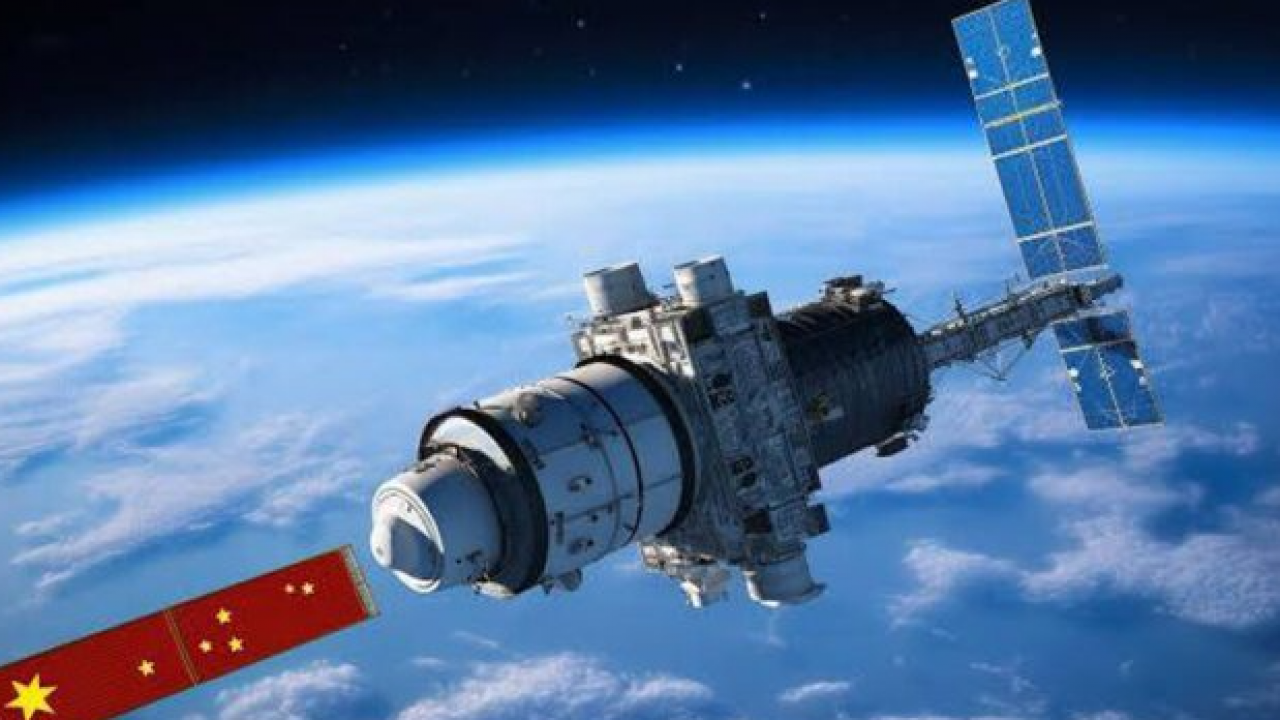Pakistan is poised to make significant strides in space exploration as it prepares to launch its CubeSat satellite, ICUBE-Qamar (ICUBE-Q), in conjunction with China’s upcoming lunar mission, Chang’e 6. Scheduled for the first week of May, this joint effort underscores the burgeoning partnership between Pakistan and China in the realm of space technology.
The development of ICUBE-Qamar is the culmination of a collaborative endeavor involving Pakistan’s Institute of Space Technology (IST), the Pakistan Space and Upper Atmosphere Research Commission (SUPARCO), the Asia Pacific Space Cooperation Organization (APSCO), and China’s Shanghai Jiao Tong University (SJTU). This synergy demonstrates Pakistan’s increasing engagement in space exploration initiatives beyond its previous CubeSat ventures.
Chang’e 6, primarily aimed at collecting samples from the far side of the Moon, will host a multitude of payloads, including Pakistan’s ICUBE-Qamar. Pakistan joins an esteemed cohort of contributors to the mission, alongside nations such as France, the European Space Agency, and Italy, reflecting the global interest and collaboration in lunar exploration.
This collaborative effort not only showcases Pakistan’s expanding role in space exploration but also signifies its transition towards more advanced endeavors in the field. Beyond CubeSats, Pakistan is actively involved in research endeavors, including the development of environmentally resilient seeds, and is exploring potential collaborations to participate in China’s ambitious Tiangong space station and lunar base, situated on the South Pole of the Moon. This strategic partnership paves the way for further advancements and contributions from Pakistan in the realm of space science and technology.


